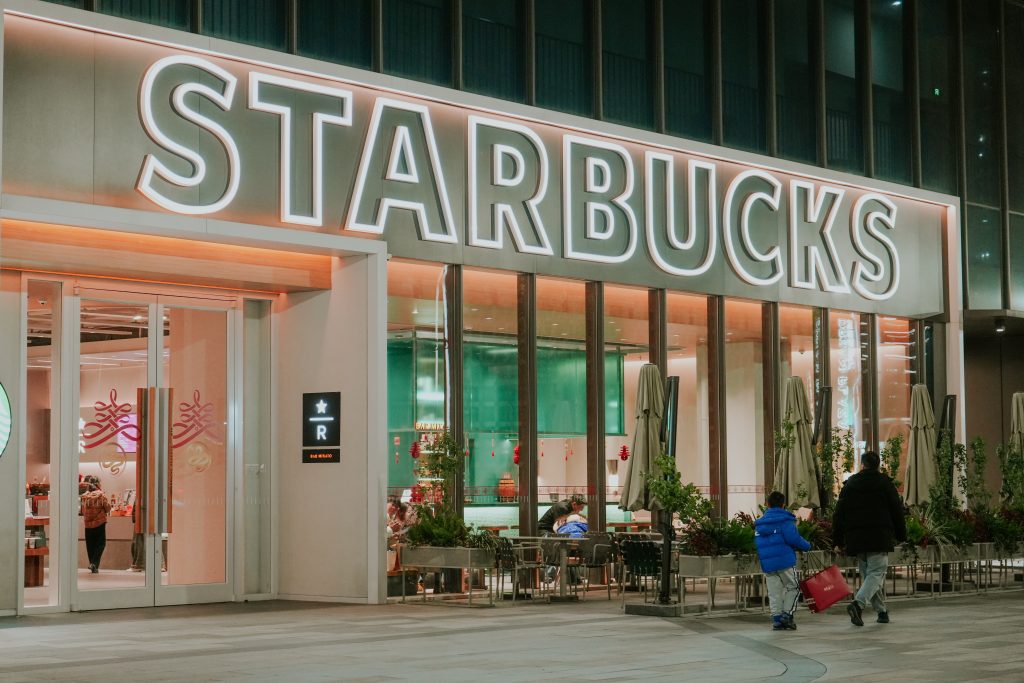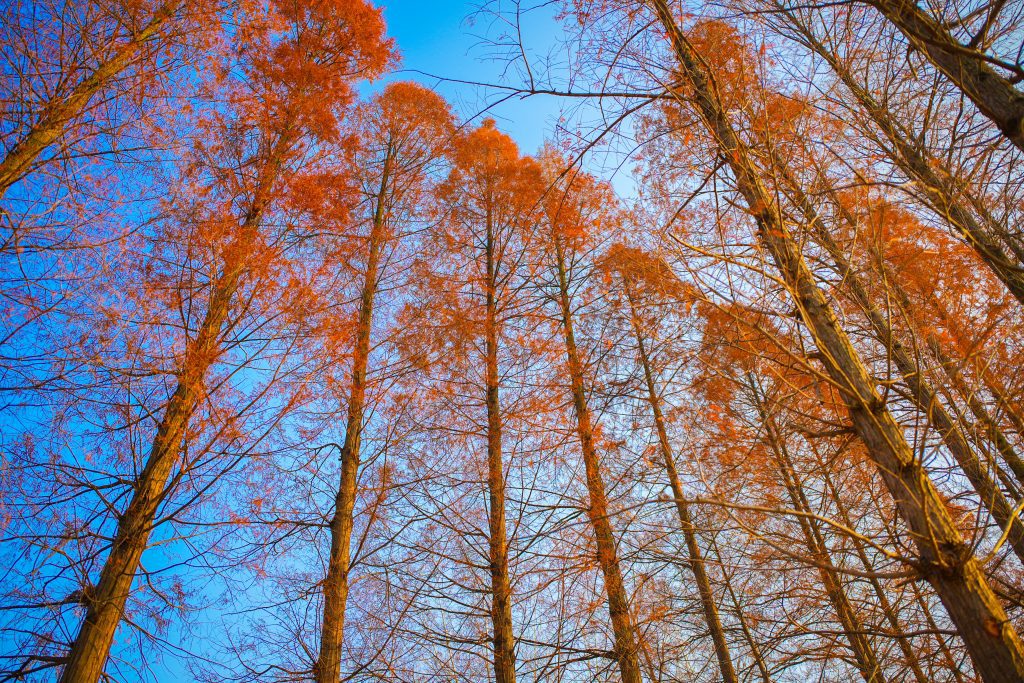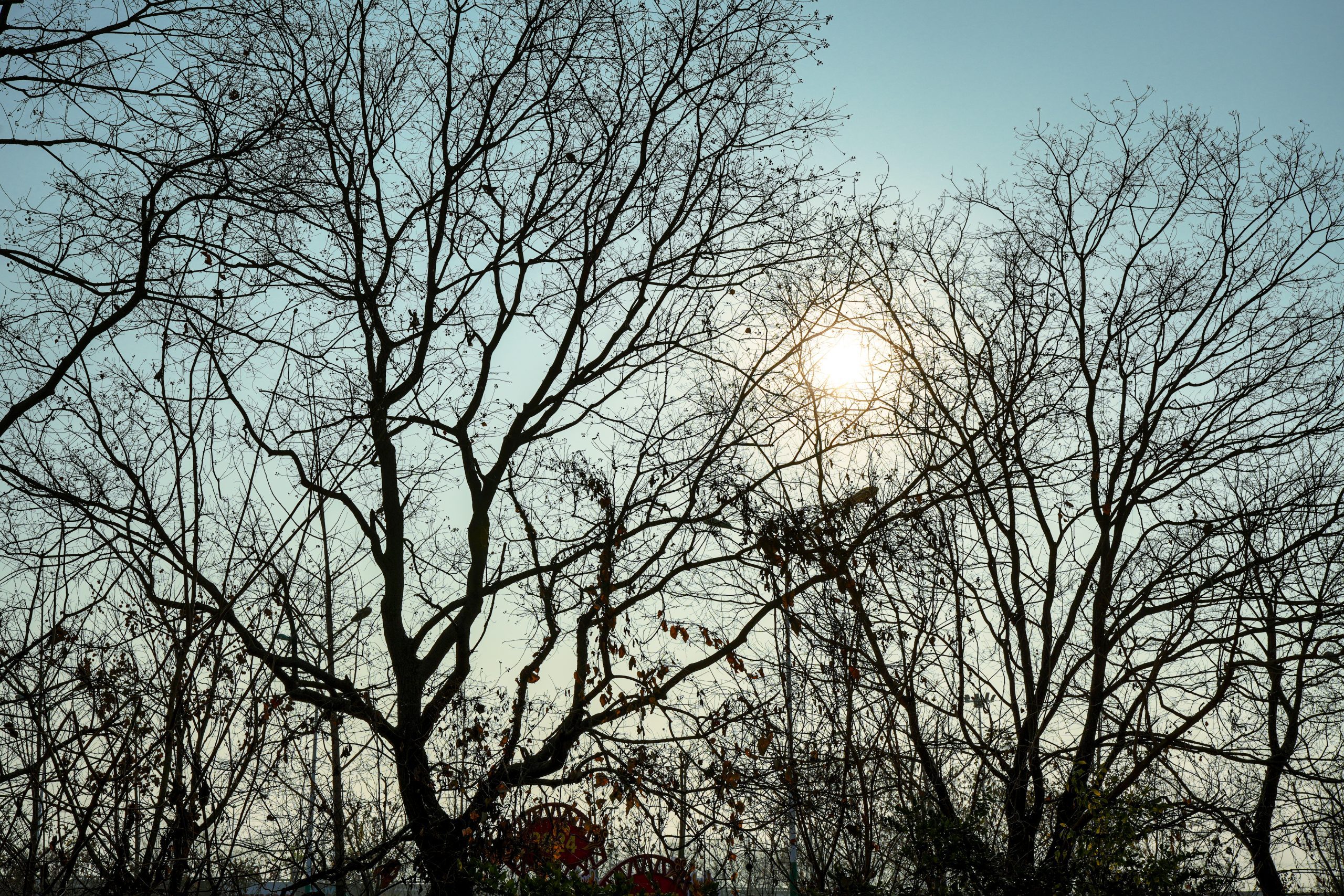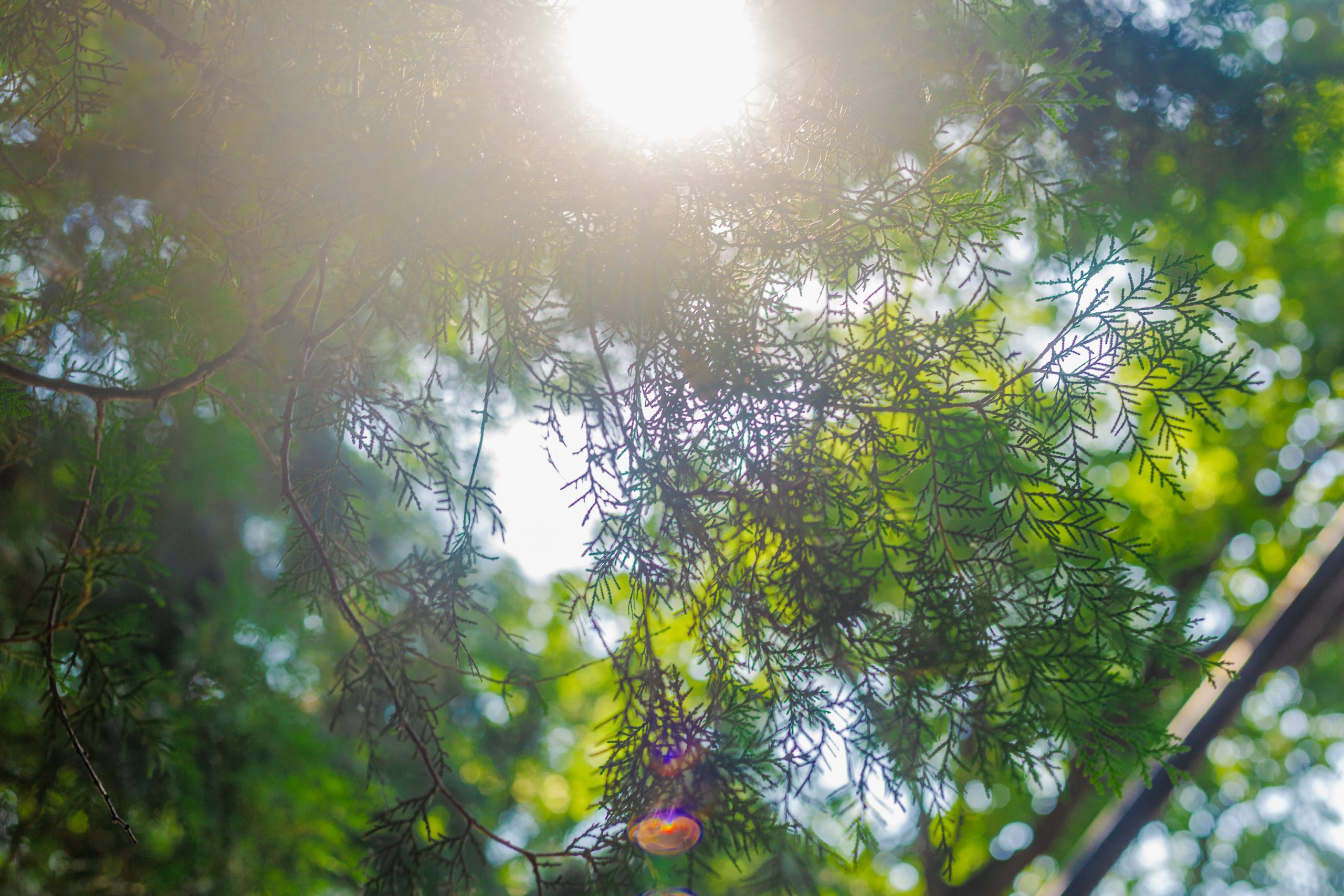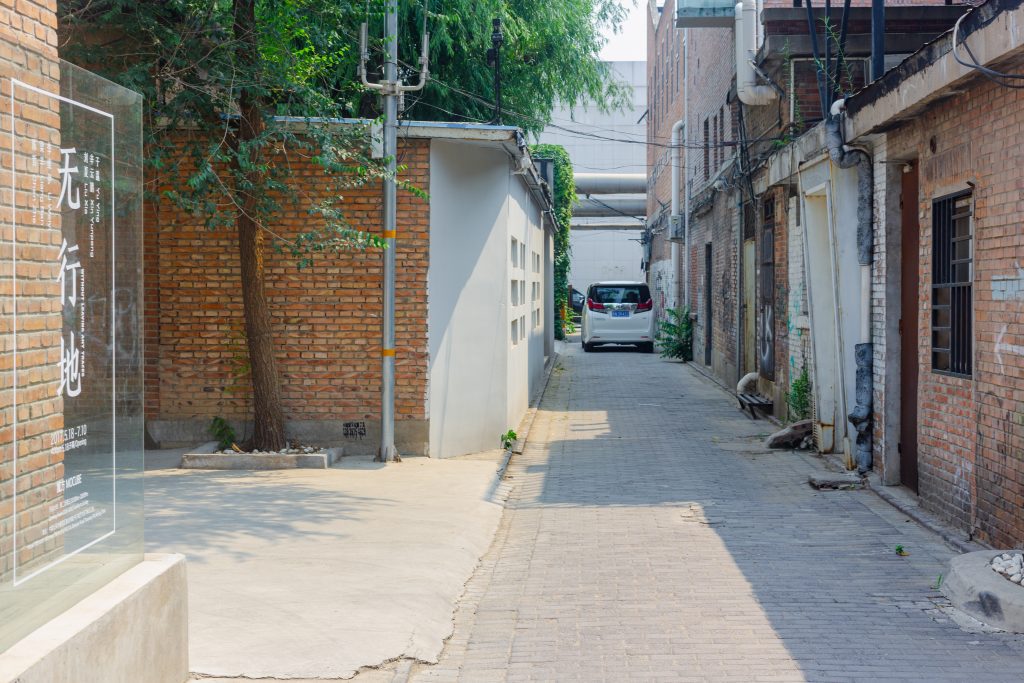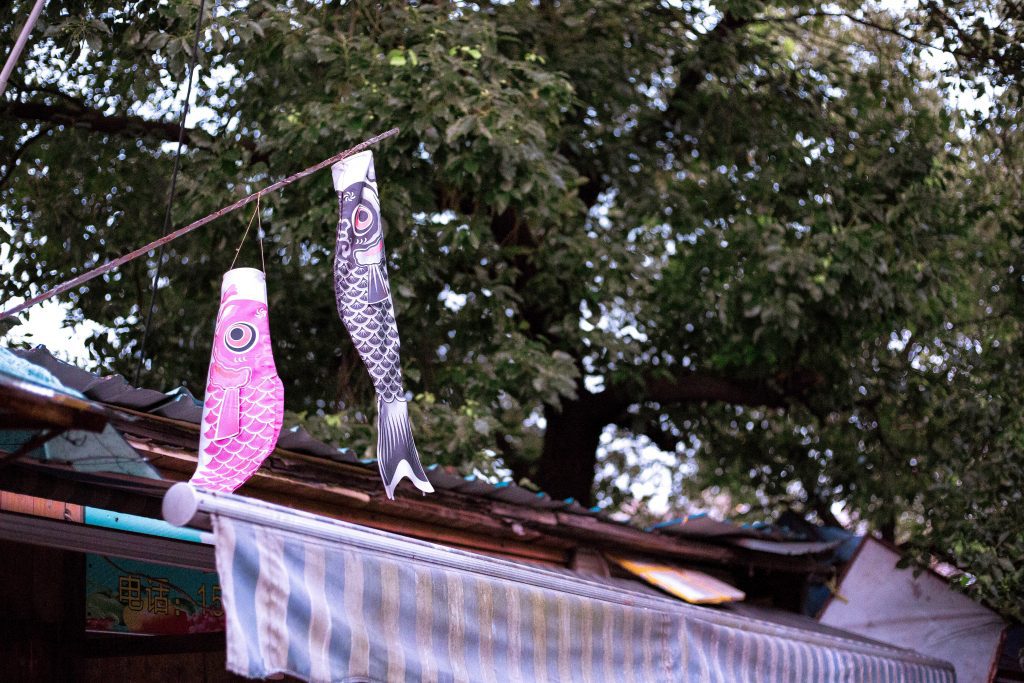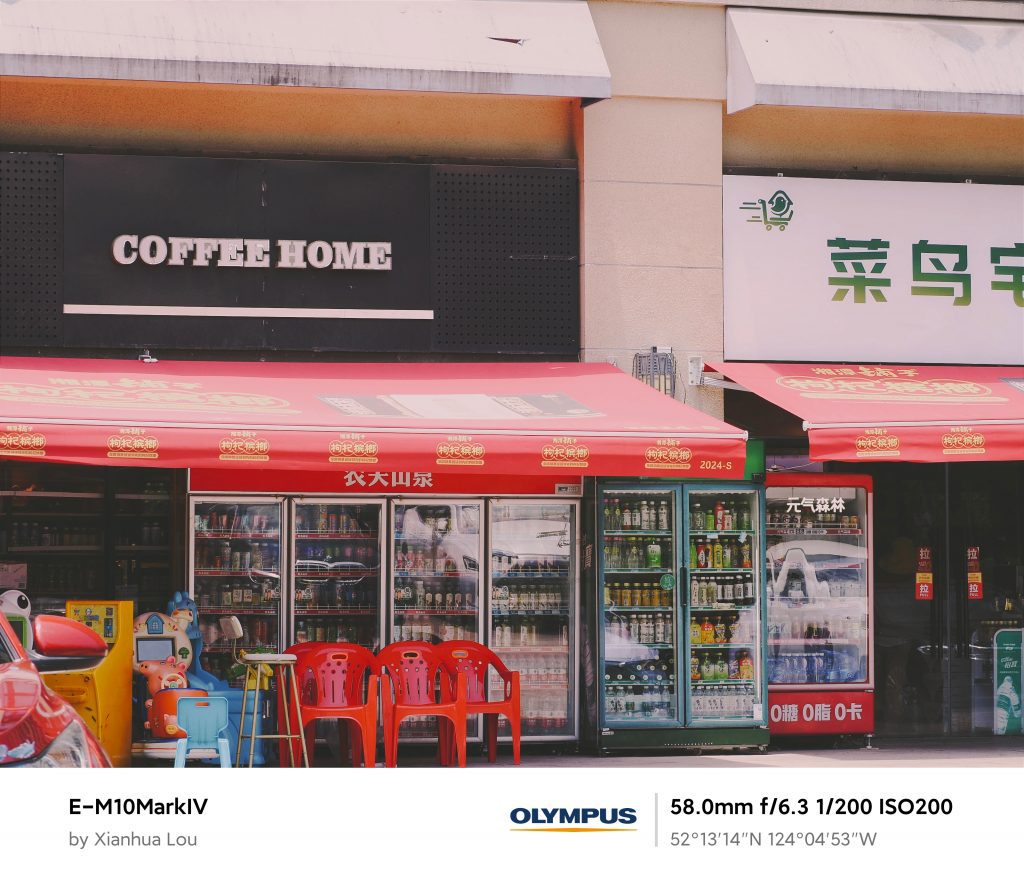“Pleasantly and well-suited I walk,
Whither I walk I cannot define, but I know it is good,
The whole universe indicates that it is good,
The past and the present indicate that it is good.”
—Walt Whitman, To Think of Time
With air-conditioning on though the temperature that night was not high, yet, I slept, feeling that would be the best way to remember a passing season. It’s about going to autumn though the leaves of Gingko trees on the sidewalks were not turning. The little city wherein I live was not particularly good at being looked. Beautifulness might not be the sort of the words to describe these kinds of small cities. Expectedly, the season was changing.
“Summer or winter, they are seasons we have to live with, like it or not.” My grandmother replied me when I murmured that I hope summer could remain forever so I wouldn’t have to wear much clothes.
In the living room, with my grandmother folding clothes and my mother wandering idly, I took my camera and suggested to take some photos for us. A DLSR camera always requires someone to help control the shutter lest the photo taken be unwatchable so that we were unable to be pictured together for a long time and nowadays there wasn’t much freelance photographers to be find in such a small city.
“Smile, grandmother, and remain relaxed so your naturalness will reveal; say cheese.”
Several rounds later, my grandmother still smiles with eyes wide open, concentrated, a characteristic technique she learned during her younger years when being photographed was still a much celebrated and important activity. She takes this activity seriously.
Trembling and heart-rendered, I give photos to her for review.
“Old. Aged.” She murmured reluctantly. “Delete those.” Almost protesting.
So saddened was I for witnessing the passing of the time but unable to do anything to solace her still hopeful eye sight that I was standing idly with no idea what I should do later.
Going is the time.
So unspeakable are our lives. To live is to remember the unrememberable because that was something we could barely be able to live without.
Before I left my teaching job that I worked for about a year and a half for my postgraduate studies, some colleagues had been often trying to correct my pronunciation.
“This vowel you pronounced should be pronounced this way.” Miss D had said during a teacher’s training session.
“Oh, really? I didn’t hear him pronouncing this wrong.” The school master had commented.
I was standing in the classroom where bright lighting shone on my body. That was days before I started to teach my first class. No one said how good my spoke English is as if this is something unworthy of mentioning while a manager had flattered an other colleague for her good speaking skill.
“Correcting you is for the good of your future students.” A colleague had said. I said nothing in reply.
Helping from those strangers is something too much to bear. Their almost dispiriting desire to be seen as superior is too much for another stranger to behold.
Why do they think I need their help?
It’s been about two years that I didn’t live in Wuhan so I only have my memories to rely on.
It’s also a special time. And the reason I applied the graduate school in Wuhan is of the short distance between the city and my grandmother’s home.
The backpack is heavy-weighted but somehow its weight made me feel consoling. There seemed to be a lot of people going outside as usual at the railway station of Qianjiang. I did not sense out the difference of the passenger traffic between now and then. When the time came, people were hurry to line up, getting their tickets checked. only the prevalent mask-wearing had made the difference obvious. Travelers alike were keeping distance from others. I remembered in January when I saw the news of the outbreak, I felt anxious and called doctors to consult because some colleagues of mine had come back from Wuhan. And when I expressed my concern for going to the emergency hall of the hospital, the doctor replied calmly: “Don’t worry, just wear a mask.”
Doors of some shops inside the Hankou railway station’s underground floor were closed with shelves inside emptied while I waited for school bus. People sitting on the chairs were looking at their phone screens with masks donned.
Looking at Yangtze from the bus window, I saw cables of the bridge over Yangtze move fast. Over the misty river, the traffic was still busy. The city seemed alive and it was a rainy day.
I used to go to the bank of Yangtze and feel the liveliness of the city life and there always seemed to be tourists on the streets taking selfies. But things seemed different recently. Even I was in the bus there was an air of coldness that could be felt outside. Did Wuhan change or did I? Enthusiasm inside me seemed to be disappearing though I thought that could be a normal process of growing up. When I was little, I felt curious about everything unseen before and seldom bored about the most trivial things such as sightseeing the wild flowers and plants.
There was a gulf between the past and the present.
There are trees in the campus, very old and large trees, clustered together, making whoever walk there feel like being in a forest.
Years ago before my graduation when my grandparents had come to have a visit at the campus, three of us were walking together on a trail in the hill near my then university. “The air was fresh and I feel my skin had become better because of that.” I said to them.
My grandparents had only smiled back and continued walking. “It is beautiful.” They said.
Several days after my graduate school enrollment, at a interpretation class, I made a speech regarding educational equality and humanity after two world wars because of the professor’s encouragement of self expression in a new semester. After the class in an evening, a classmate approached me saying :“Classmate Lou(my surname in pinyin), how excellent English you spoke, have you been studying abroad ever?” “No. I just attended several online courses from Open Yale and other universities and you can try to have those materials obtained too.” I replied.
After hearing my speech regarding the pandemic recently in English when a teacher asked us to do some speech with whatever the theme we like, a dorm mate asked me whether I had contested in some English speaking competitions.
“No.” said I.
“You speak so well and so logic.” He said.
There was a sense of coldness in my dorm and I knew maybe I shouldn’t have exposed my English speaking in front of them.
While I was sitting before the class started today, a female classmate said loudly and ruthlessly: could you sit away from me? For teacher will surely focus on us.”
I was silent for a while. “what should I reply?” thought I.
“I won’t be very active to attract teacher’s attention.” I remembered saying.
“No, you have better sat far away from me otherwise I will change my seat.”
I said nothing. And other classmates was slightly beaming watching me.
I didn’t move.
Why should I move? For students are coming to school to learn things. Did she see me as a threat? So unprecedented were such coldness and hostility cast against me that I haven’t realized that I started to morally sanction my own wish to learn. Is such ostracizing attitude I felt justified? Why should I move instead of her?
Should I compromise my dream for their approval?
I had been name-called during my elementary years for I play games with girls.
There were so many things strange from my perspective, why should I be seen as normal in their eyes? For they had never cared about me?
While I walked on the runway over a street, I see mid-aged men carrying bags and luggage walk ahead, with blue face coverings donned. Their skin color was not bright. They must not know the need of sun protection. They wear simple-colored clothes. Seldom had I seen them smile. I don’t know what they were thinking.
While it is sunny today, the street I saw is still not recovered from its normal traffic.
Will it recover?
